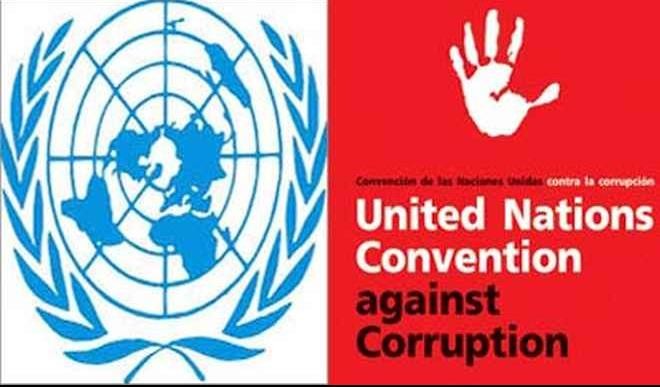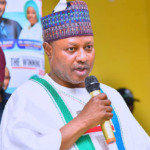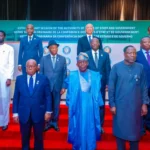
The United Nations Convention Against Corruption [UNCAC] has, since 2005, earmarked December 9 of every year as the International Anti-Corruption Day. This is in order to keep aglow the notion that the world can deliver itself from poverty and underdevelopment by rising against corruption. Corruption hinders prosperity, frustrates democracy and human rights, blocks provision of infrastructure and denies those who are eligible of gainful employment. In Nigeria, these elements are manifest as corruption has spread out its wings and hampered growth in all spheres of our society including health, education, politics, business, security, social life and even religion.
In a paper titled “Corruption and Development,” UNCAC stated how corruption affects the world. It says, “When lucrative contracts are up for grabs, bribery, fraud and embezzlement can plague large-scale infrastructure projects. Corruption can lead to money being stolen and infrastructure not being built or it can result in half-built or sub-standard – and at times dangerous – infrastructure. Money can also be allocated to sectors where needs are not the greatest, but which offer the best prospects for personal enrichment. A hospital, for instance, might be sorely needed, but kickbacks for people in power could result in a far less needed project being given priority. Ultimately, as contracts are awarded to inferior companies, the quality of work is compromised. Economic ruin can result, further perpetuating underdevelopment.”
The UN agency’s observation tells the story of Nigeria. Reports of investigations by the National Assembly, ad hoc committees, anti-corruption agencies and journalists into the award and execution of government contracts in various sectors show that priorities are misplaced and well-intended projects are truncated as a result of corrupt practices. Every Nigerian recognizes corruption as the evil which stands in the way of the country’s development but has outsourced the task of tackling it to government.
Over the years those in authority have established institutions to checkmate corruption but as a result of inertia, compromise, complacency and lack of a sense of duty, anti-graft institutions have been overwhelmed or outweighed by the profundity of the vice. In spite of the enormous powers given to the Economic and Financial Crimes Commission (EFCC), Independent Corrupt Practices and Other Related Offences Commission (ICPC), Code of Conduct Bureau (CCB), Nigeria Police Force, National Assembly, State Houses of Assembly and the like, corruption still thrives in this clime.
The reason for this is not far-fetched. Nigerians have not owned the fight against corruption, as everyone considers the tough assignment as the responsibility of ‘those who are paid to do the job.’ It is now time for every Nigerian to do away with this attitude. All hands must be on deck in this campaign to resist the devil by purging ourselves of the vice and actively opposing corrupt tendencies by those around us – friends and foes. Nigerians should promptly blow the whistle to alert anti-graft agencies when criminal acts of corruption are being committed around them.
In the last two years the regime of President Muhammadu Buhari has reinvigorated the fight against corruption, but anti-graft agencies have not been able to tear through the tricks and manoeuvres in the judiciary to convict high profile suspects. So they cannot retrieve stolen funds from suspected corrupt politicians and top civil servants. This category of corrupt Nigerians have in their wallets the trillions of Nigeria which should have been used to develop the country, but the slow legal process and the attitude of top lawyers, who compromise judges, have made it near-impossible to reclaim our commonwealth. This is why it has become vital to reinvent our criminal justice system in the fight against corruption. Common thieves are quickly apprehended, prosecuted, convicted in court and sent to jail but it is easier for a camel to pass through the eye of the needle than for those who have ruined the country with mega corruption to be put in jail. This situation must change if we must win the fight against corruption.

 Join Daily Trust WhatsApp Community For Quick Access To News and Happenings Around You.
Join Daily Trust WhatsApp Community For Quick Access To News and Happenings Around You.


